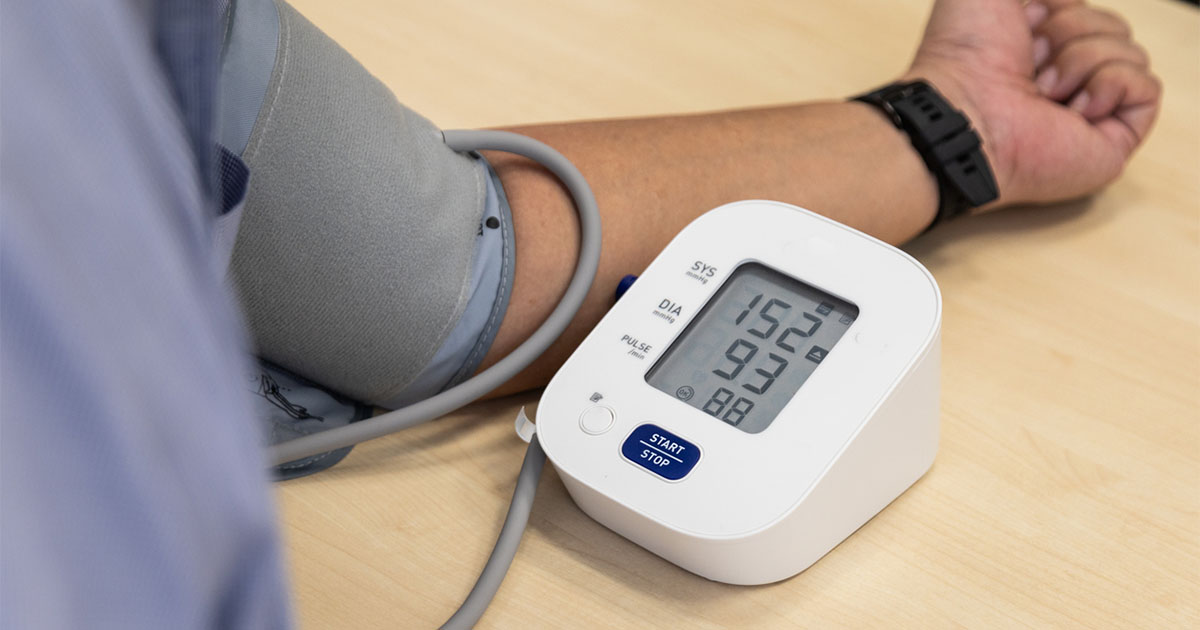The most important trend in late 20th and early 21st century public health is the steady rise in chronic conditions, often the result of contemporary lifestyle choices. Governments are beginning to recognise the burden that chronic conditions presents – the management of diabetes alone is set to consume 5% of the UK’s healthcare budget (Healthcare Commission, 2007) – and to understand that the most effective way to manage chronic disease is in a primary care setting.
Until 1998, policies in Northern Ireland, Scotland and Wales generally followed those of England. Devolution since that time has meant that policy and administrative decisions made in, and for, England are no longer applicable elsewhere. In this series of editorials we examine what health care devolution throughout the UK means for the person with diabetes. In this editiorial I will be looking at the two distinct healthcare systems that make up Ireland.
Northern Ireland
Northern Ireland has its own health, social services and public safety departments; and the local assembly has its own health minister. There will soon be a new Regional Health and Social Care Board as well as five Local Commissioning Groups to cover the same geographical areas as the existing five Health and Social Care Trusts. The NHS in Northern Ireland aligns closely to the NHS in England and Wales, with a ‘primary care lead’ system and the QOF implemented in 2004. Practices in Northern Ireland have performed very well in this contract. Existing care frameworks align to contemporary NICE guidelines.
Diabetes care in Northern Ireland was formally assessed in 2002 (Kenny, 2002). It was noted that chronic disease management was already established, with much organised care taking place in geographically dispersed practices with a considerable dependence on practice nurses. The impetus from the nGMS contract and QOF has accelerated this process. In some localities enhanced services have been offered in aspects of diabetes and obesity management, including insulin initiation in primary care.
Republic of Ireland
Health care in the Republic of Ireland (ROI) is publicly financed, with the population divided according to the individual’s ability to pay. Approximately one-third of the population falls into the group that includes low-income earners, sufferers of certain chronic diseases, and those over 70 years of age: this group is entitled to the full range of health services free of charge under the General Medical Services Scheme. GPs who are members of this scheme are independent practitioners with a contract for service; they are not ‘employees’ as such. Diabetes care may be free of charge in secondary care settings, but is not guaranteed free in primary care settings (Smith, 2007).
Diabetes care in the primary-care setting in the ROI was surveyed in 2006 (O’Sullivan, 2006). GPs reported providing a substantial amount of care, particularly for those with type 2 diabetes, but that the care was largely unstructured. Ninty-two per cent reported providing most care to their type 2 patients, 38% reported providing most care to their type 1 patients. Despite lobbying by the Irish College of General Practitioners, the ROI Government is yet to introduce a primary care chronic disease management system.
Where to now for diabetes care in Ireland?
The contrast between the conventional European model of primary care, and the systems developed in the four nations of the NHS is highlighted in Ireland. In spite of its tiger economy and well-developed GP system, governments have not invested sufficiently in primary care to allow a springboard for the introduction of the payment-by-results system that is proving so effective in Northern Ireland. The incidence of diabetes is rising equally on both sides of the border, and it would be the aspiration of many GPs in the ROI to cooperate to see excellent care for people with diabetes. GPs in Northern Ireland will want to expand the services they provide for people with type 2 diabetes, and would hope to through more local enhanced services as well as lobbying the new locality commissioning groups.





Poster abstract submissions are invited for the 21st National Conference of the PCDO Society, which will be held on 19 and 20 November.
10 Apr 2025